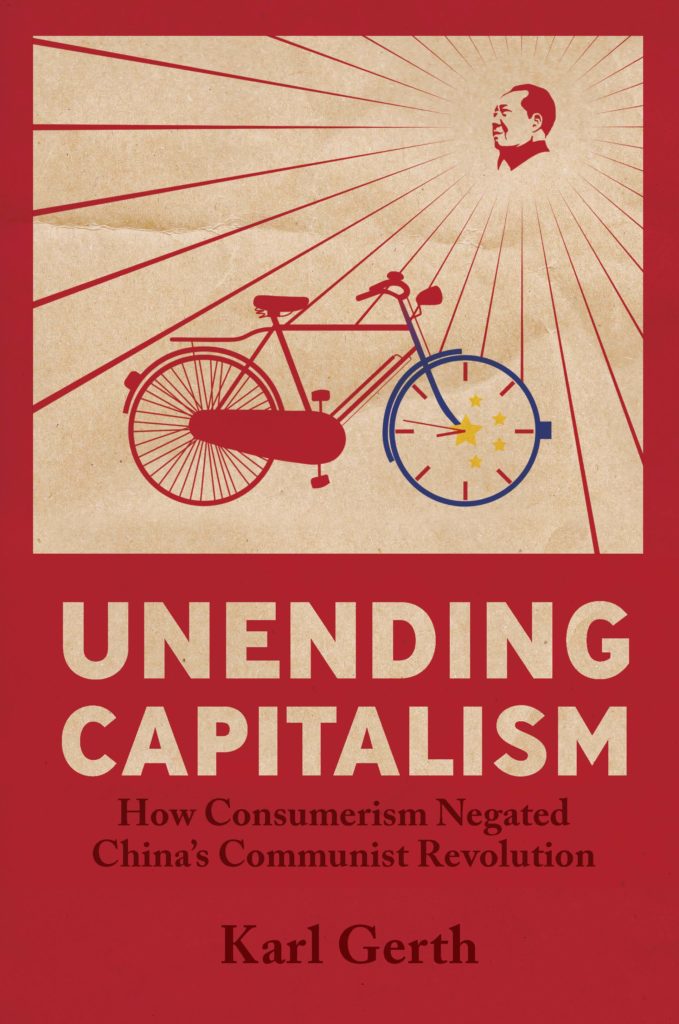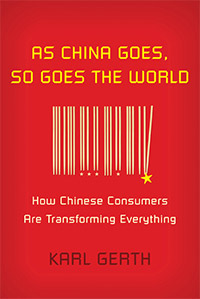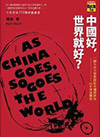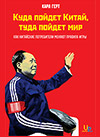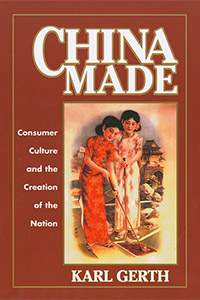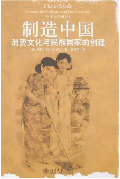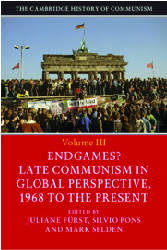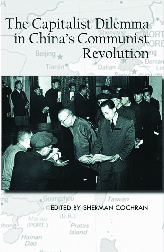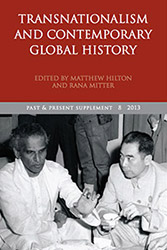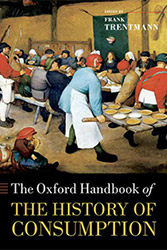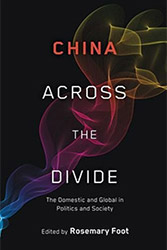As China Goes, So Goes the World
In this revelatory examination of the most overlooked force that is changing the face of China, Gerth shows that as the Chinese consumer goes, so goes the world. While Americans and Europeans have become increasingly worried about China’s competition for manufacturing jobs and energy resources, they have overlooked an even bigger story: China’s rapid development of an American-style consumer culture, which is revolutionizing the lives of hundreds of millions of Chinese and has the potential to reshape the world.
This change is already well under way. China has become the world’s largest consumer of everything from automobiles to beer and has begun to adopt such consumer habits as living in large single-occupancy homes, shopping in gigantic malls, and eating meat-based diets served in fast-food outlets. Even rural Chinese, long the laggards of consumerism, have been buying refrigerators, televisions, mobile phones, and larger houses in unprecedented numbers. As China Goes, So Goes the World reveals why we should all care about the everyday choices made by ordinary Chinese. Taken together, these seemingly small changes are deeper and more profound than the headline-grabbing stories on military budgets, carbon emissions, or trade disputes.
For a complete copy of the book in PDF, click here.
